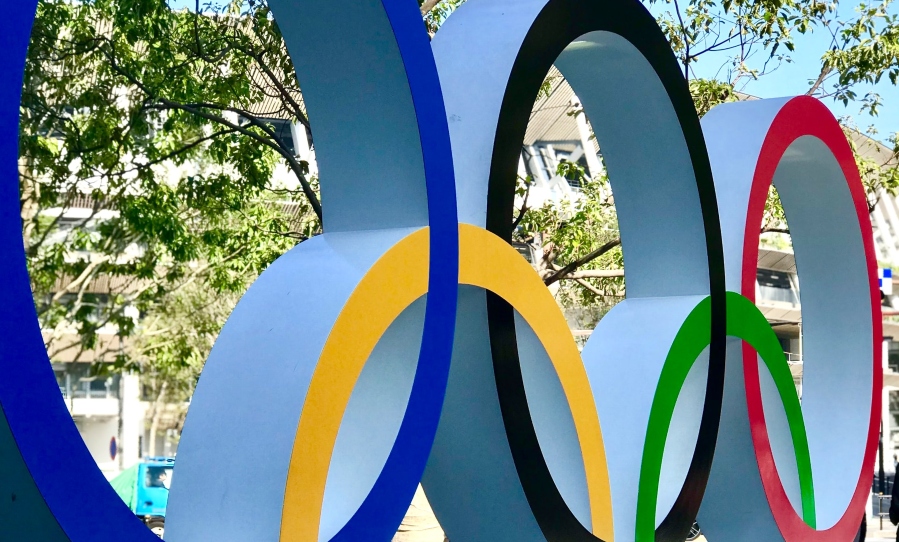Olympic Gold? The Conversation About Mental Health!

2021 Olympic Games, Tokyo
On the final day of artistic gymnastics at the Tokyo Olympic Games, Simone Biles won a bronze medal on the balance beam. This, after bowing out of all but one individual final. Her decision to withdraw was because of what she called “the twisties,” the sensation of losing her position while in the air. And Simone was vocal on social media about the fact she was “simply not in sync” and afraid she might get hurt.
COVID, recent physical issues, the death of a relative, and surviving sexual abuse by former USA Gymnastics team doctor Larry Nassar, influenced Biles decision. She wanted to focus on herself and prioritize her well-being over the demands of her remarkable talent. Consequently, she withdrew from the team final and the individual all-around competition, “to do what’s right for me and focus on my mental health.”
We also have to focus on ourselves, because at the end of the day, we’re human, too. So, we have to protect our mind and our body, rather than just go out there and do what the world wants us to do.
Simone Biles

Olympic Gold – The Mental Health Conversation
In every cloud, there is a “gold” lining. And as a result of Simone Biles’s openness in interviews and on social media, she has become a role model for mental health awareness. Likewise, her honesty has helped all athletes who have been encouraged to put fans/career/country first and themselves last. Anxiety disorders are the most common mental illness in the United States, affecting 40 million adults. And we can only imagine the stress imposed on young athletes with huge fan followings and their nation’s high expectations.
The pandemic added stressors for all competing athletes. Thus, it is important to get the perspective of the athletes themselves, not just their handlers. COVID-19 restrictions, lack of community, and a postponed 2020 Olympics caused significant disruptions to mental health. Thankfully, Biles started that conversation.
Participation in sport at any level increases social engagement and promotes better mental health. It is, therefore, critical to understanding how the COVID-19 pandemic and associated lockdown measures have affected the lives of athletes. We surveyed elite and sub-elite athletes…across multiple sports. Significant disruptions were reported for all lifestyle factors including social interactions, physical activity, sleep patterns, and mental health.
The 2021 Olympic Games are over. But the scrutiny Simone Biles received in withdrawing from competition, underscores the stigma that remains in admitting to mental illness. Since 1996, with the Mental Health Parity and Addiction Equity Act, health plans and insurers must offer mental health and substance use disorder benefits comparable to their coverage for general medical and surgical care. The medical model for mental health requires that a mental health diagnosis receive biopsychosocial assessment, clinical treatment and the same respect as a cancer diagnosis or a torn ligament in a gymnast.
The impact of Simone Biles’s self-disclosure and self-care might eventually surpass her accomplishments in gymnastics. She is not the first athlete to talk about their mental health. But Simone’s fame, the soapbox of the Olympics, and the timing provided the perfect forum for a cultural shift. Consequently, she will serve as an architype for the next generation of athletes.
What I’ve been through, I’ve just always fought through it, and it’s just been really hard. We have triggers and unfortunately I had one of my biggest ones here. But to come out and come back with a bronze medal. It means the world to end the Olympics like this.
Simone Biles



